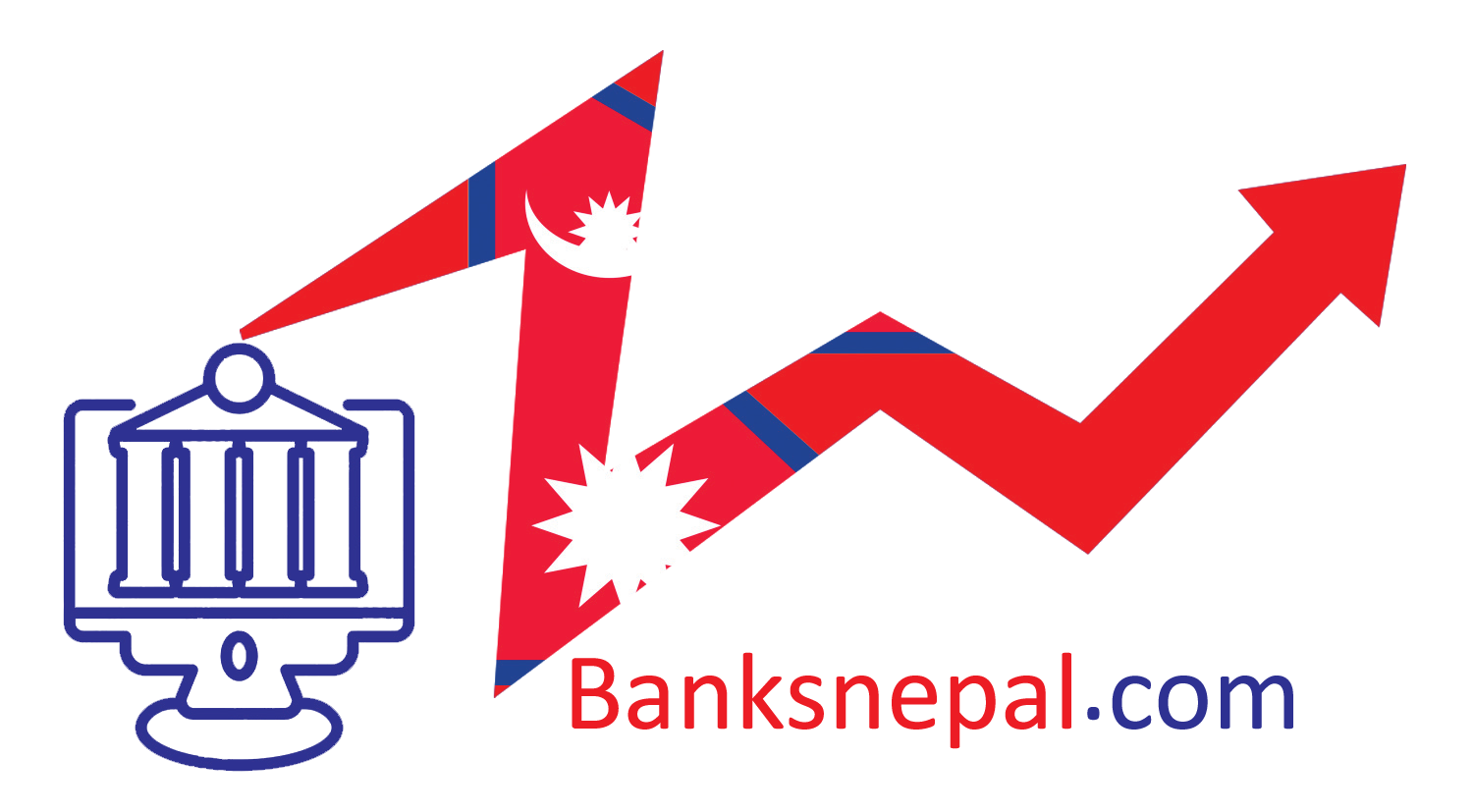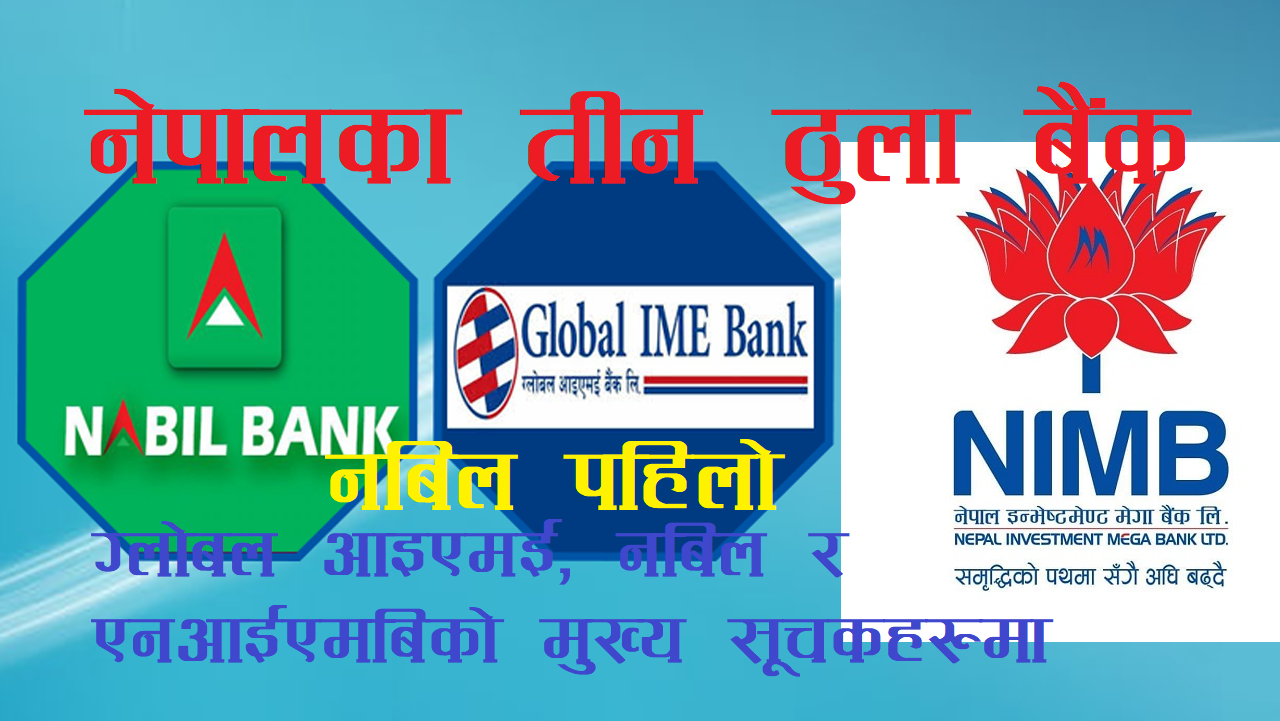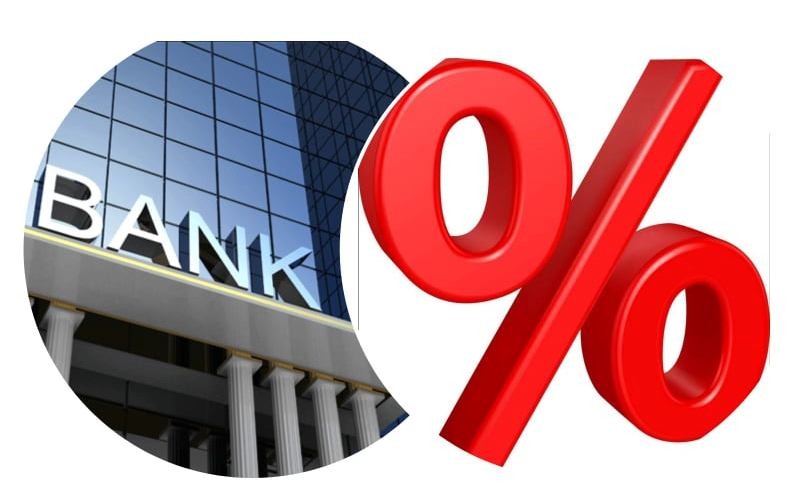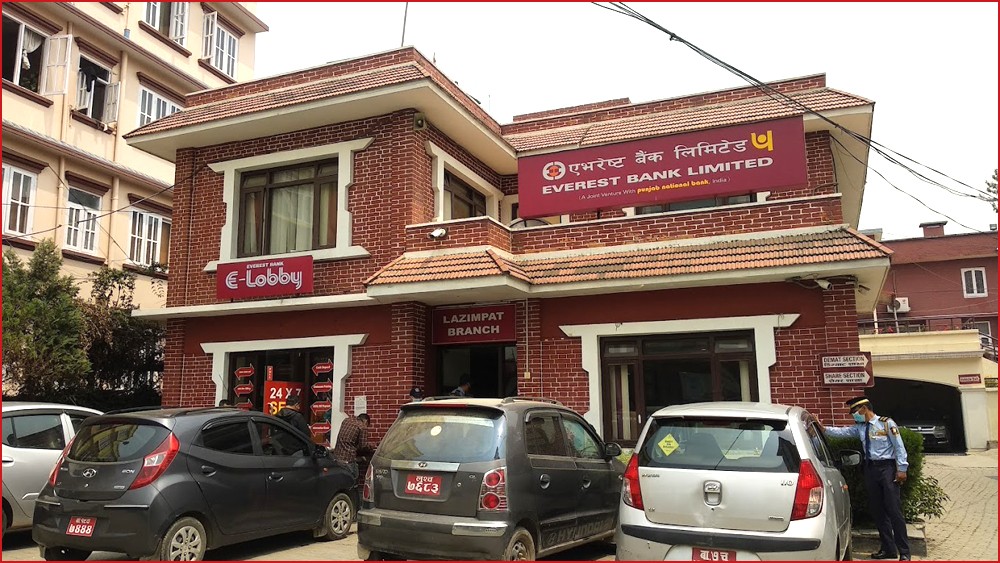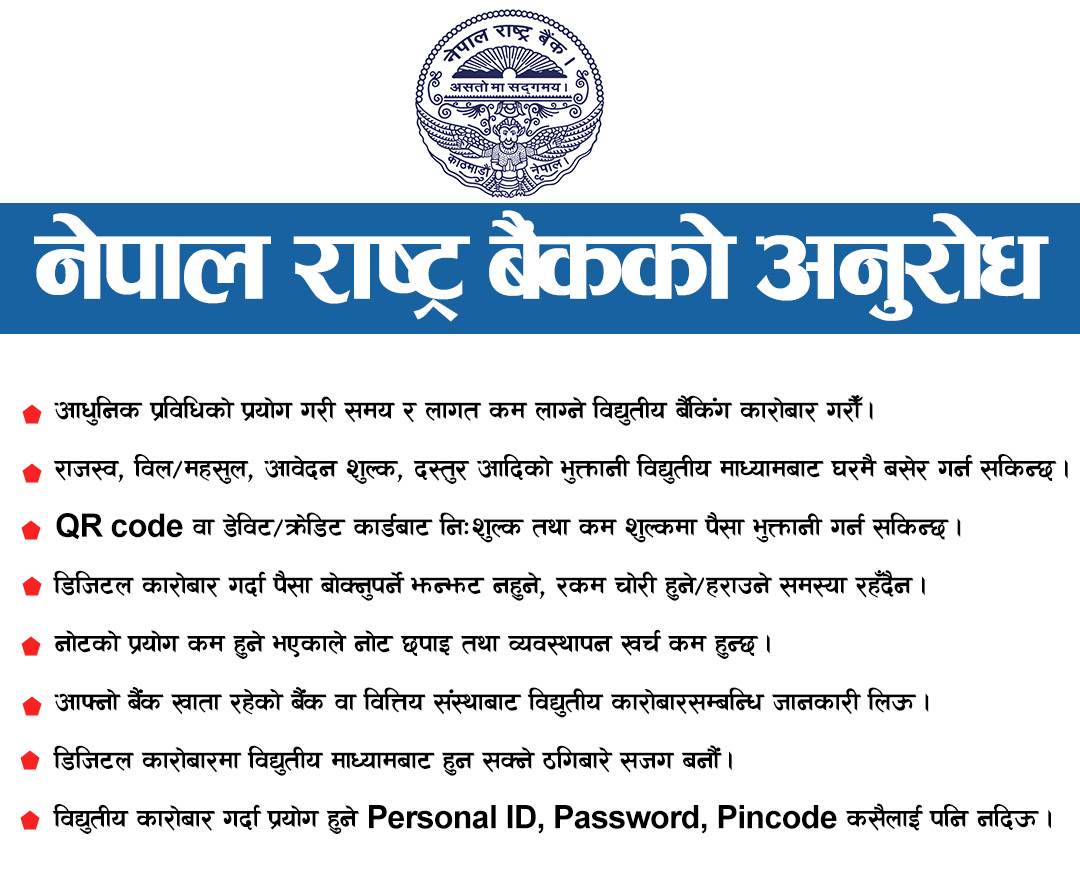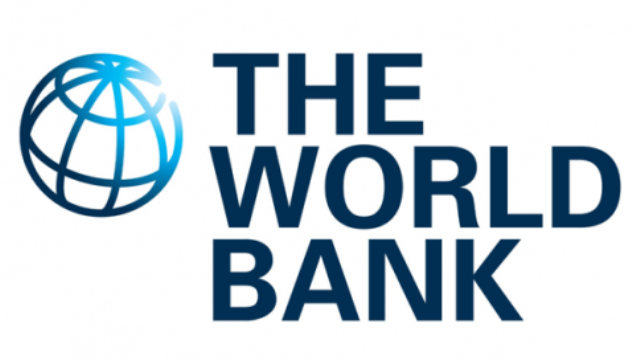
Kathmandu. The World Bank has suggested to remove the ban on the import of some goods, saying that Nepal's foreign exchange reserves have increased. The government has banned the import of 10 items including private vehicles, expensive mobiles, prepared liquor, high-capacity motorcycles, toys, diamonds, tobacco products, large-sized televisions, and other items since last May due to the dwindling foreign exchange reserves.
The import ban on 6 out of 10 items has been lifted from the second week of August. But even after that, the ban on imports of cars-jeep-vans, prepared liquor, motorcycles with a capacity of more than 150 cc and smartphones worth more than 300 US dollars has been maintained.
The National Bank has also said that as soon as the importation of expensive materials is opened, the money may go out immediately, so it is not necessary to adopt a loose import policy immediately. Governor Mahaprasad Adhikari of the National Bank of India has been saying that the situation has not returned to normal yet, not only through government discussions, but also from the public forum.
At a time when there is pressure to reduce the interest rate in the country, the World Bank has said that Nepal should participate more strongly in the bid to increase the interest rate seen in the external environment. The report states that increasing the policy interest rate will discourage imports. The World Bank's suggestion is to control aggregate demand by increasing interest rates, not by banning the import of certain goods.
On the other hand, it has suggested to impose value added tax even in the areas where excise duty and customs are imposed. In the 51-page report, policy suggestions such as reducing the list of items currently exempted from value added tax, increasing the spending capacity of the local level and the state, and increasing the internal consumption of electricity have been given. The implementation of such suggestions risks increasing the price of some items by at least 13 percent.
